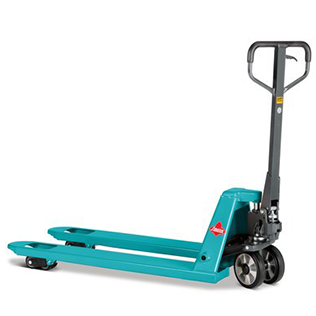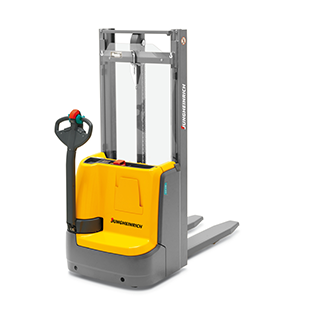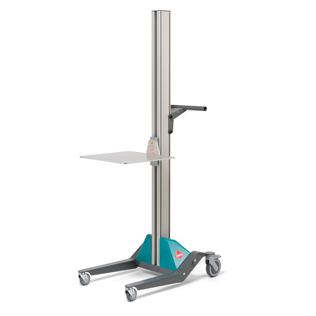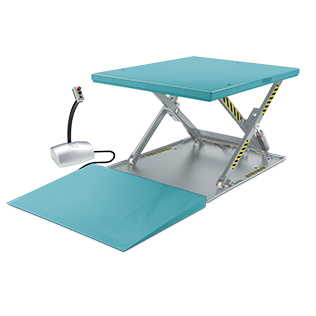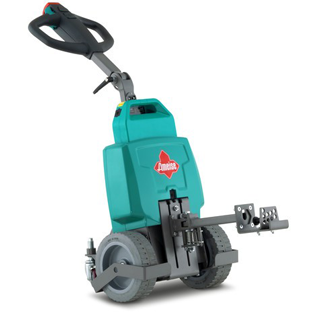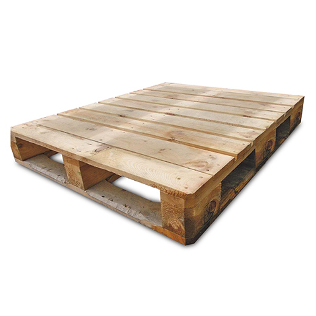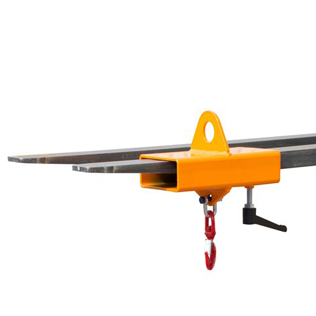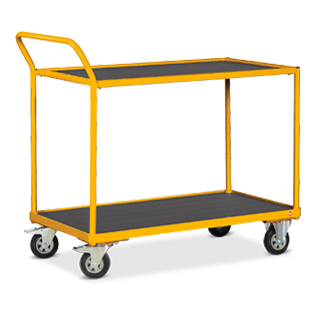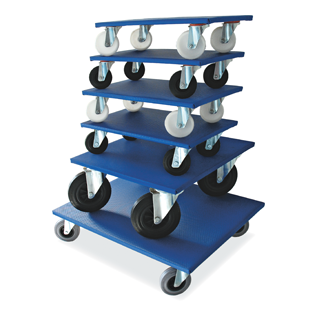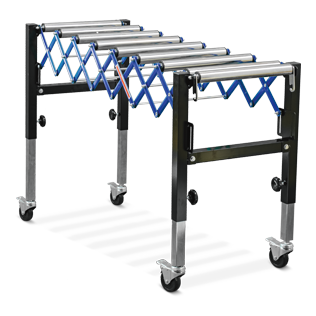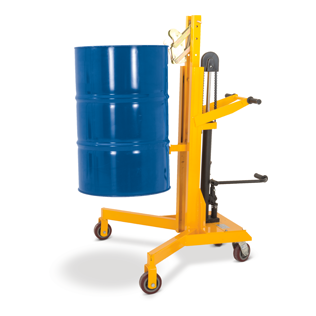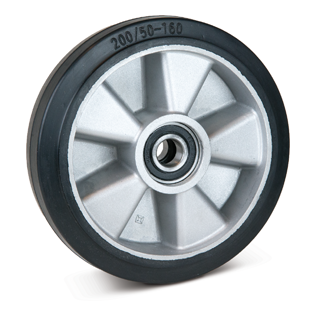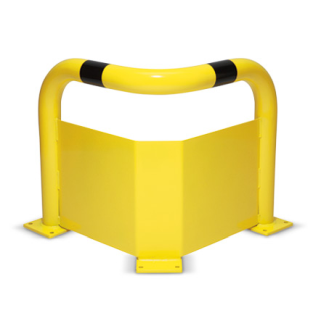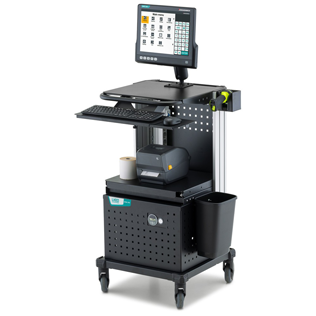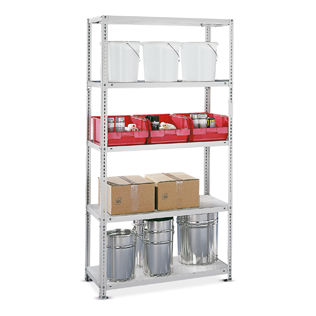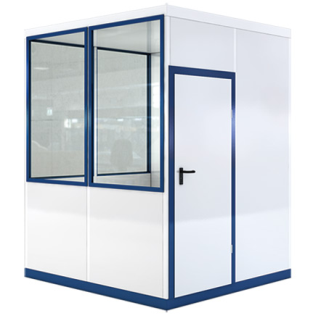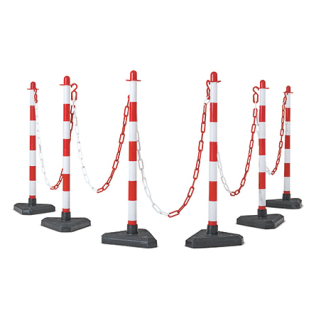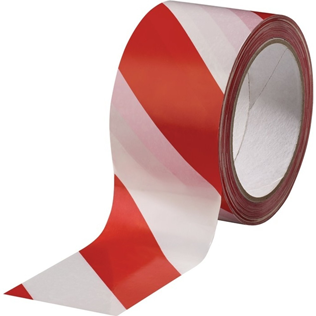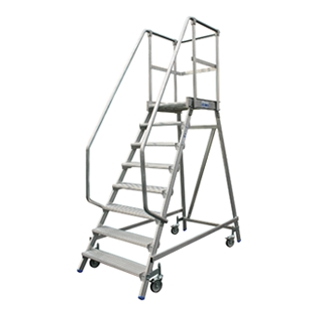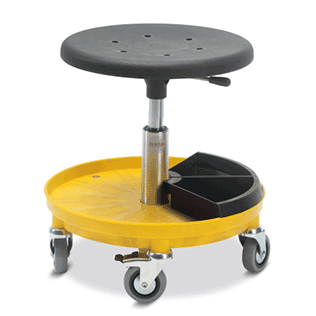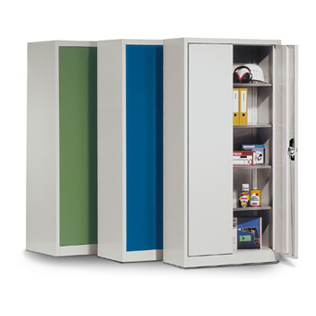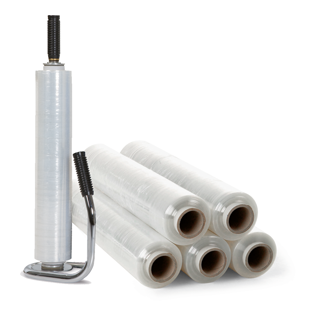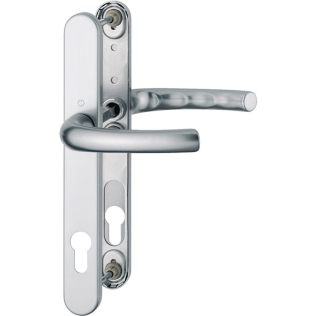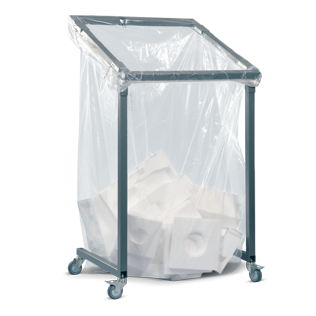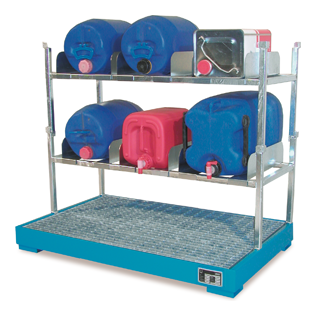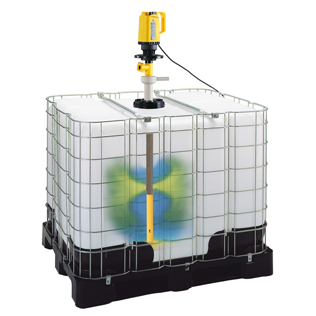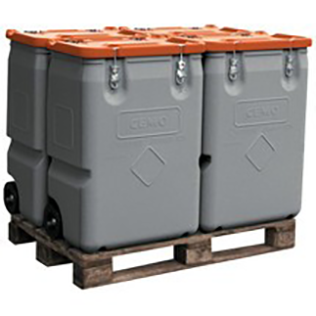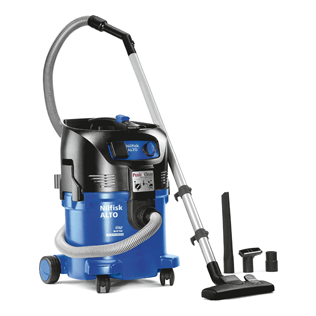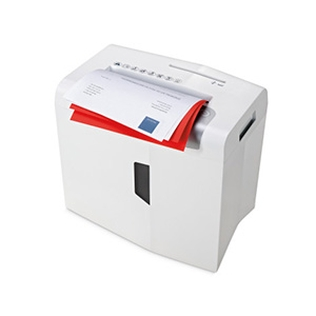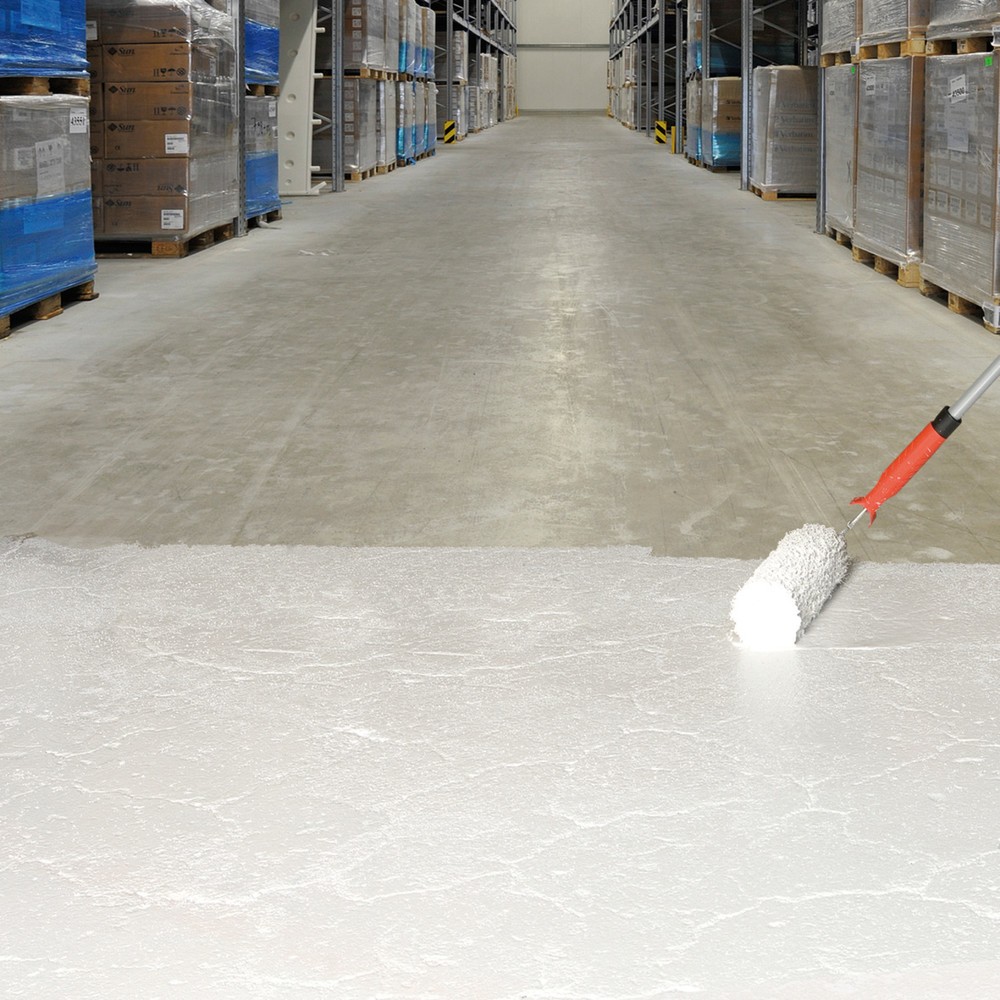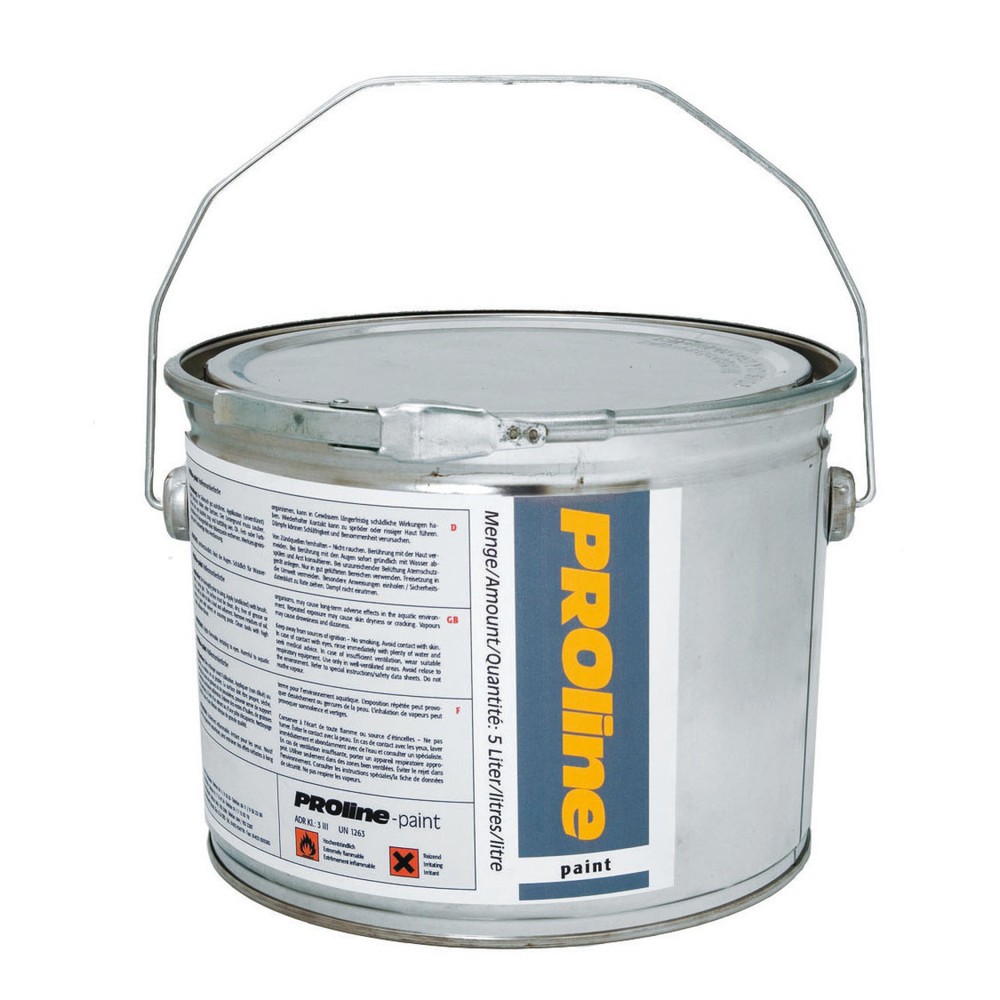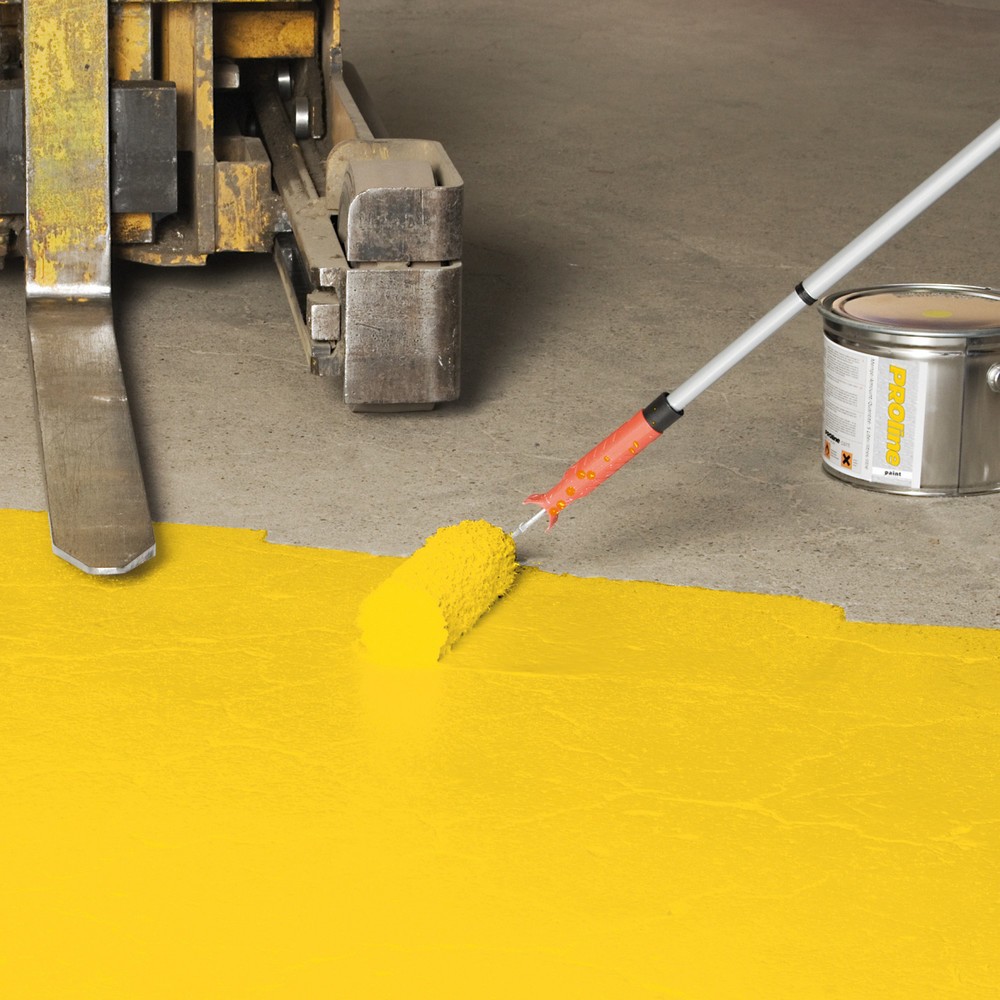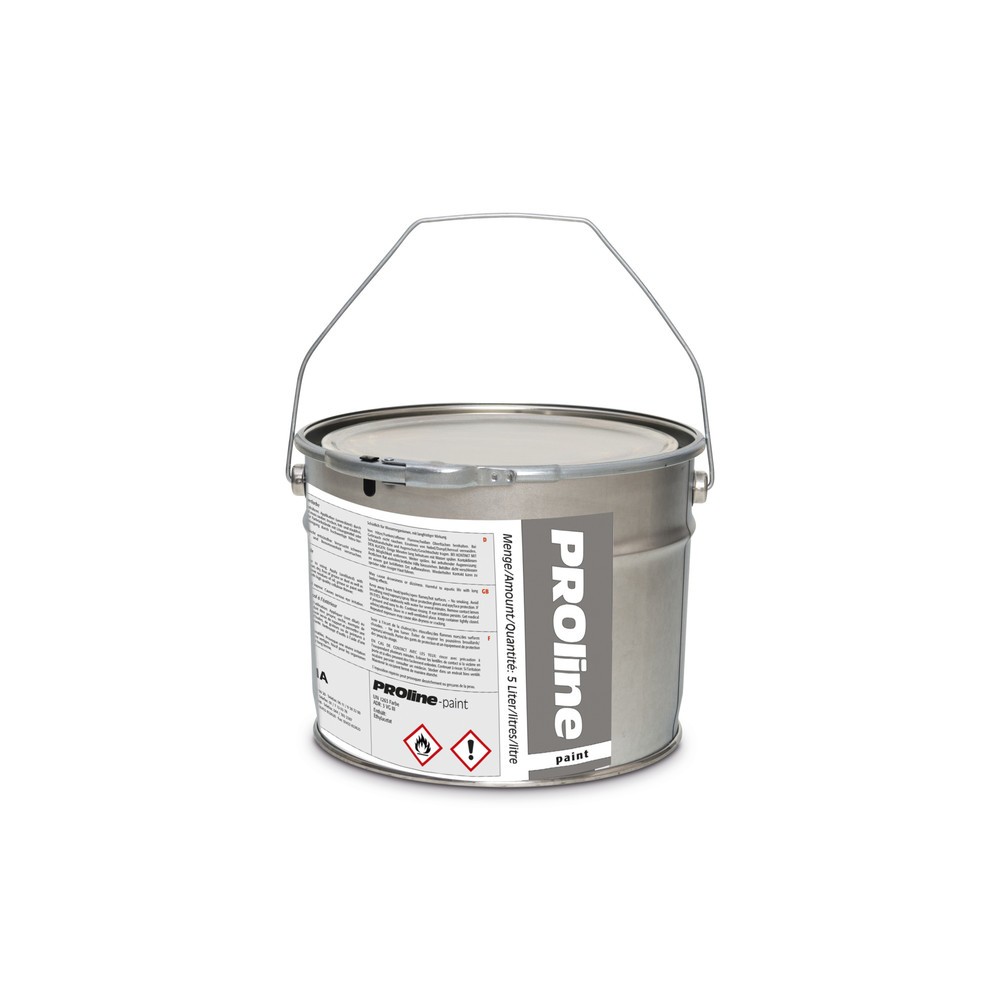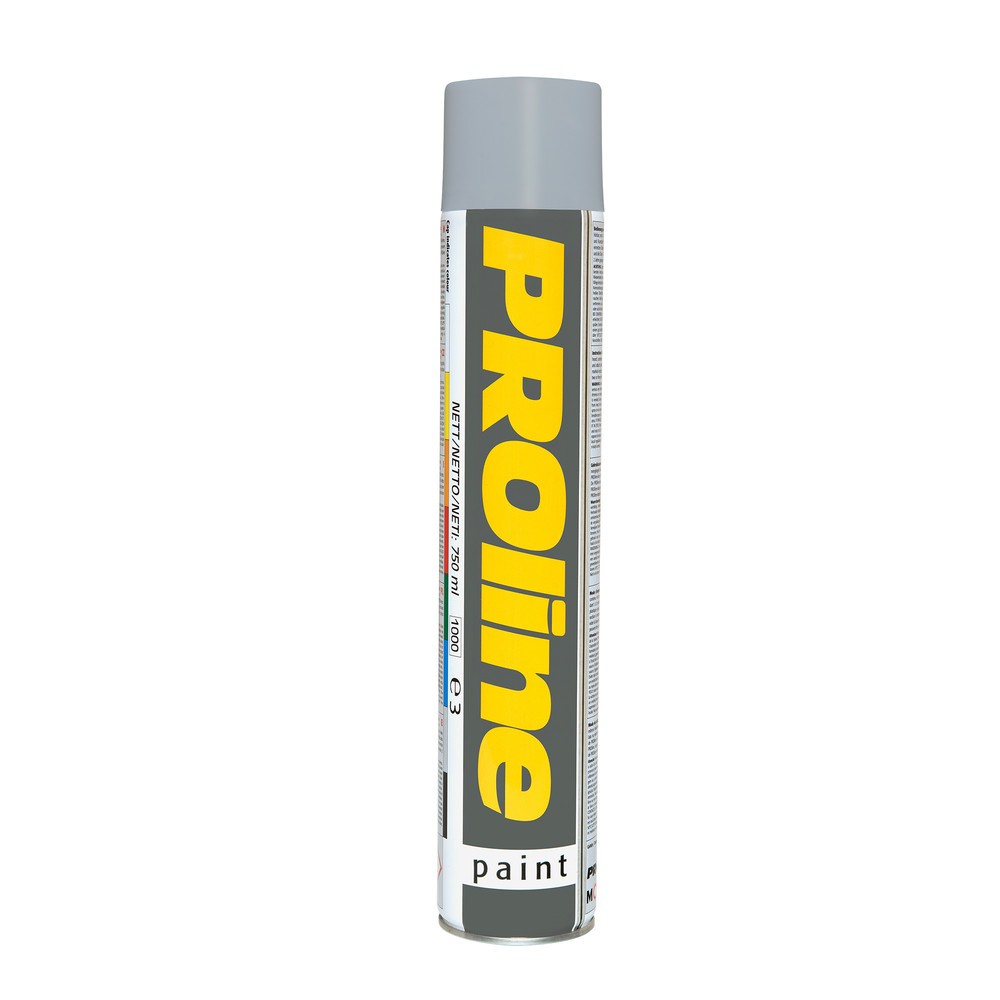How to choose the right floor marking paint
Whether in the workshop, warehouse or production areas: Wherever industrial trucks are on the road, machines or suspended loads are used, or other hazardous areas need to be identified, floor marking paint helps protect against accidents and makes it easier to navigate company premises.
The marking paints are applied to the floor and are suitable for either temporary or permanent application. Depending on the colour, size and type of job, they perform various important tasks:
- Potential health hazards in production and operational areas can be identified with a combination of industrial floor marking paint and applicable warning labels.
- Floor marking paint can be used to identify driveways, footpaths, and restricted areas. Marking on access roads can also help control the steady flow of goods and traffic.
- Warehouse floor marking paint can facilitate efficient merchandise management, in which storage areas for specific goods and operational zones are delineated via a colour system.
- Floor striping paint can improve health and safety by highlighting escape routes or first aid points.
At Jungheinrich PROFISHOP, you can find floor marking paint in various types and colours in accordance with British HSE (Health and Safety Executive) guidelines.
1. Choosing the appropriate colour scheme
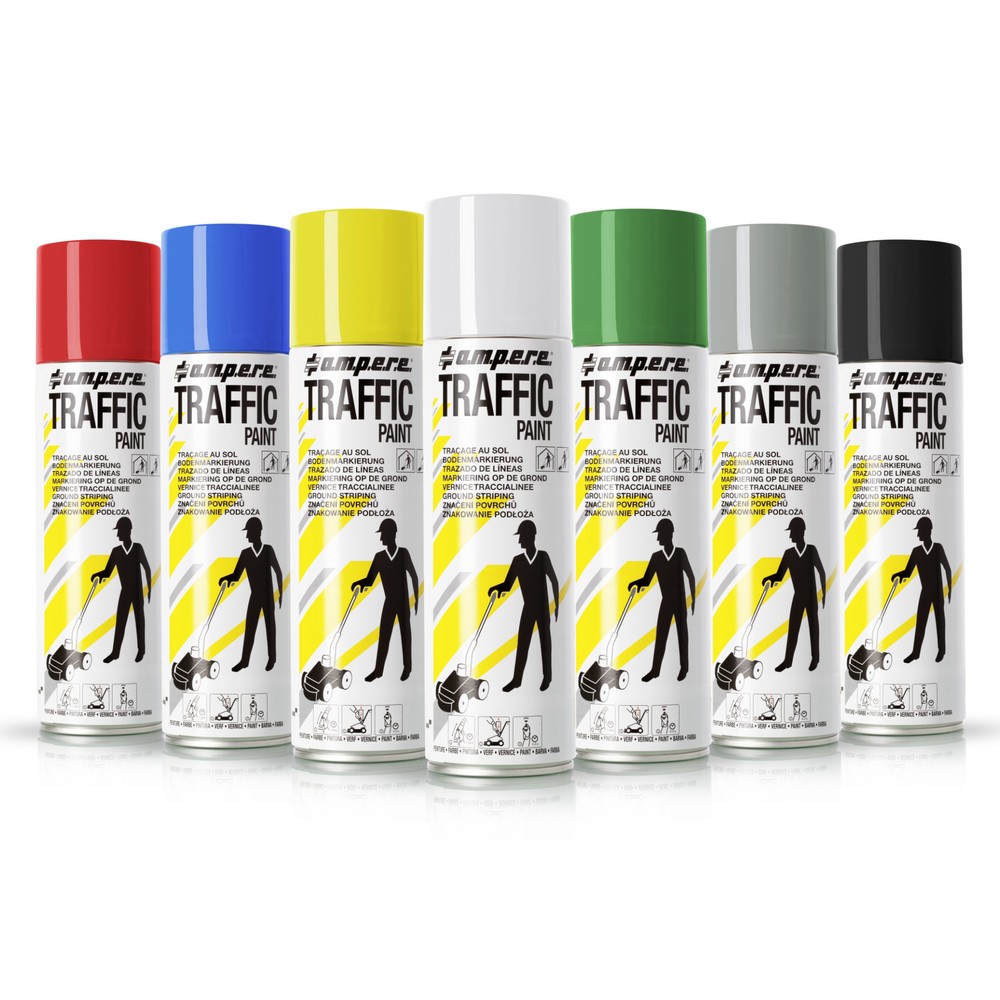
Which marking colour is appropriate for your area of application depends primarily on the guidelines for floor marking. These are set out in Britain by the Health and Safety Executive (HSE). Accordingly, for certain operating areas or safety instructions, specified colour combinations should be used for the floor marking:
- Caution zones: Areas that require additional caution, for example boundaries between pedestrian and vehicle traffic or the edges of elevated platforms, should be clearly marked using yellow floor marking paint or warning tape. Black and yellow stripes may also be used for this purpose.
- Fire hazards: Any areas in the workplace or warehouse that pose a potential fire risk should be marked using red line marking paint or red and white stripes. Lines should be wide enough to be clearly visible but not so wide that they dominate the floor and make the exact fire zone unclear.
- Driveway markings: For this purpose, the floor marking paint should be applied continuously in a paint line that offers a sharp contrast against the surface. Concrete marking paint in white or yellow is typically appropriate for this purpose.
You are not bound by any regulations when designating other operational areas with floor marking paint or spray paint. However, many companies looking to standardise markings across sites have adopted the 5S Floor Marking Colour Scheme. The standard recommends the following colour code (though, companies are free to adapt this standard to their particular circumstances):
| Marking paint | Field of application in operational practice |
|---|---|
| Yellow |
Yellow floor painting in the warehouse or elsewhere can be used to highlight aisle ways, traffic lanes and work cells. |
| White/Grey |
In many companies, white or grey is used to mark the installation locations of machines and other systems. |
| Blue/Green/Black |
Used to designate materials and components, as well as finished products, semi-finished products and products requiring further processing. |
| Orange |
Materials or products requiring further inspection. |
| Red |
Defective products or scrap materials. |
2. Consider the durability of the floor marking paint
In addition to choosing the appropriate colour, the durability of markings is also important. This is particularly true for applications such as warehouse floor striping paint, which is likely to come under increased strain from vehicles and foot traffic. Depending on the need and the area of operation, temporary or permanent floor marking paint may be required. The following types of floor paint are typically used:
| Durability and longevity | Light to medium | Medium to strong | Strong to ultra-strong |
|---|---|---|---|
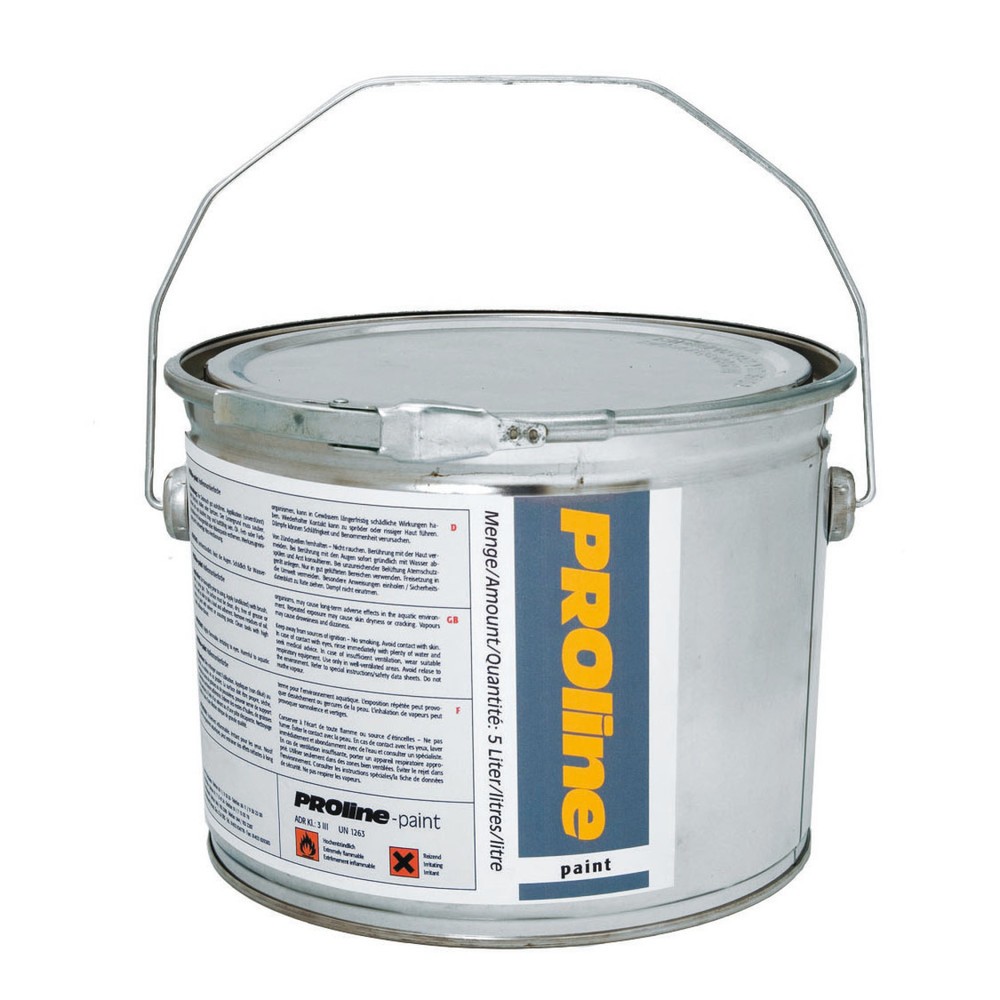 | 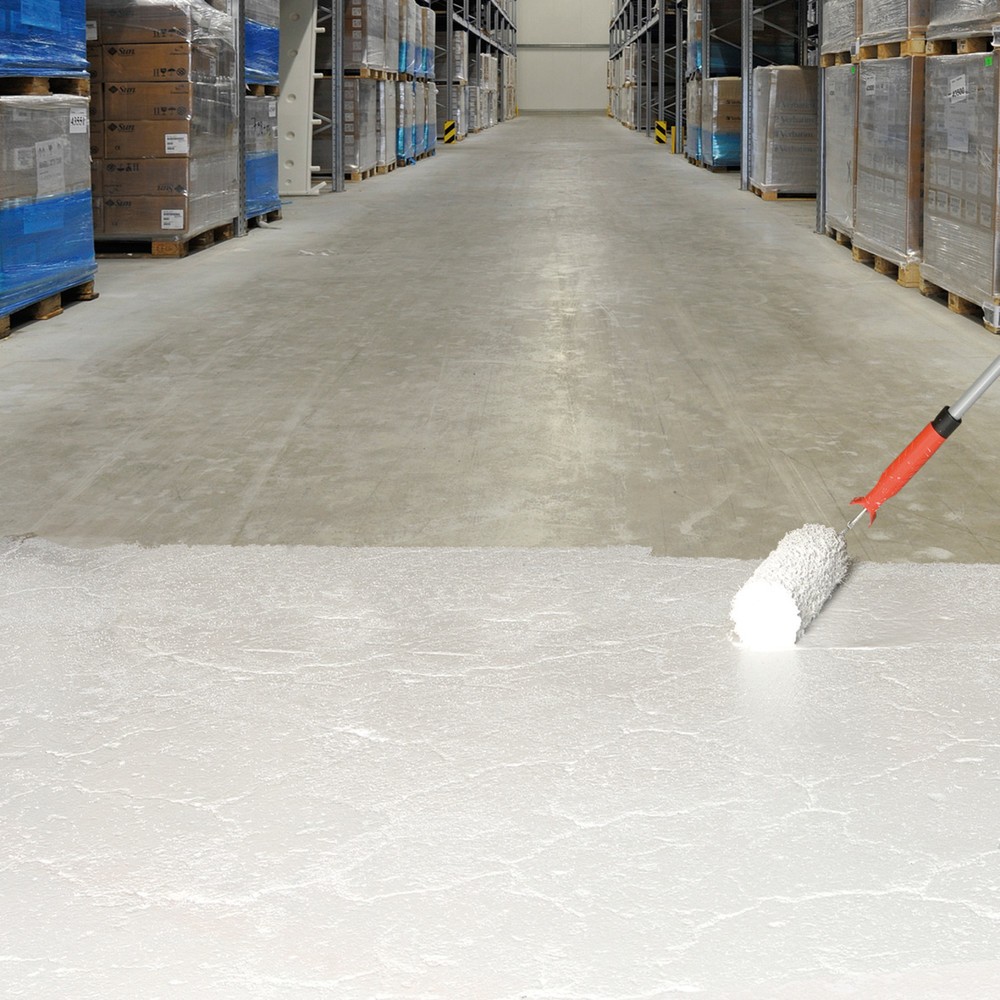 | 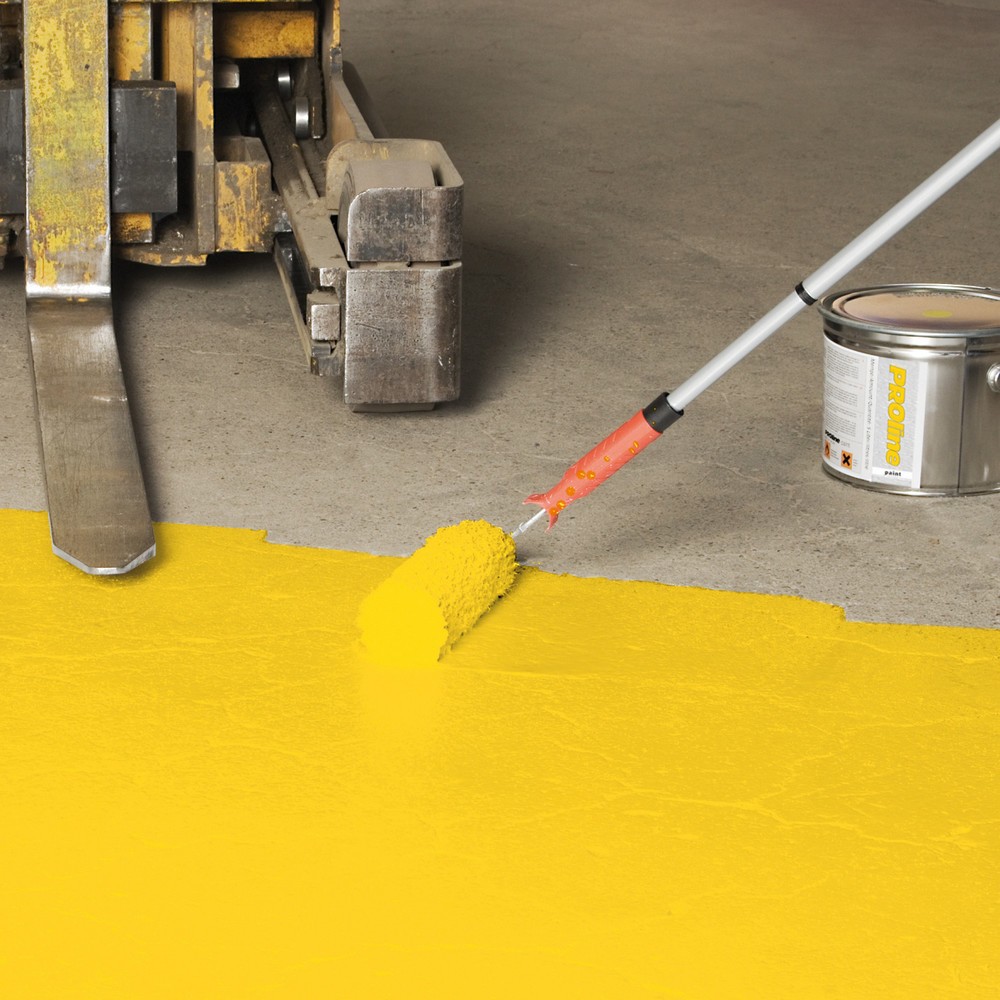 | |
| Material | Resin blend |
Acrylic resin |
Epoxy |
| Properties |
|
|
|
| Suitability |
|
|
|
For quickly marking indoor and outdoor floors, Jungheinrich PROFISHOP also offers long-lasting and quick-drying spray paint in a range of colours. This floor-lining paint is suitable for almost all floor types including concrete, asphalt, and stone.
3. What else should be considered when using floor marking paint?

In addition to considering the correct colour codes and durability, there are a few additional factors to consider when applying floor marking paint:
- Choose the appropriate paint type for the application zone. To do this, be sure to consider the manufacturer's guidelines on the durability of the paint on different substrates.
- For some work areas, marking with floor paint alone may not be sufficient, as there may be other legal requirements regarding warning notices or relevant signage. Be sure to include these in your planning.
- Many of our floor marking paints can be applied with a brush, paint roller or marker. Make sure that you have the suitable equipment and that you also have protective clothing, such as protective gloves or respiratory protection. For spray application, it is sometimes necessary to purchase a suitable diluent.
- The marking system must be clear and easy to identify. To do this, choose marking colours that offer high contrast against the relevant surfaces. Additional symbols can also be applied using floor marking templates.

